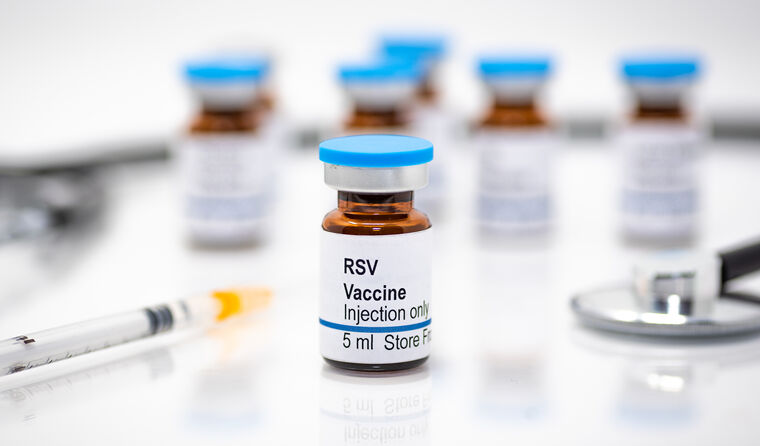
Last year, 127,944 cases of RSV were reported in Australia.
Respiratory virus vaccines matter as the season arrives
It’s that time of year when leaves turn gold, a chill is in the air and respiratory viruses like Covid-19, influenza and RSV begin to circulate. The CDC expects a similar number of peak hospitalizations this fall and winter as last season for Covid-19, flu and RSV.
Vaccination remains a key step to reduce the risk of severe illness. Vaccines may not always stop infection, but they make illness milder and reduce the chance of hospitalization or death. As Dr. Mike Ren notes, vaccines are meant to prevent severe disease, not guarantee you won’t catch the virus.
Who has been hospitalized and why vaccines still matter
- The CDC estimates about 1 million flu hospitalizations and up to 130,000 flu deaths from October 2024 through May 2025.
- Similar CDC estimates show almost 540,000 Covid-19 hospitalizations and up to 63,000 Covid-19 deaths from October 2024 through September 2025.
These numbers show why respiratory virus vaccines matter for individuals and public health.
What to know about COVID-19 vaccines this season
This year’s guidance shifts toward shared decision-making. The CDC says people 6 months and older — including pregnant people — can get an updated Covid-19 vaccine, but individuals should consult a health care provider about whether to get the shot.
Key points about Covid shots:
- Three vaccine options are available in the U.S.: Pfizer (ages 5+), Moderna (6 months+), and Novavax (12+).
- Pfizer and Moderna use mRNA technology; Novavax is a protein-based vaccine.
- Vaccines this season have been updated to target more recent coronavirus strains.
- Shots are available at most pharmacies, some doctor’s offices and certain public health departments. Large pharmacies like Walgreens and CVS are updating systems to offer the updated vaccines nationwide.
- If you’re unsure where to get the updated vaccine, contact your local health department or a nearby academic medical center.
Practical advice for Covid vaccines
- Talk with your physician, pharmacist or provider about risks and benefits.
- Get the updated fall vaccine once it’s available and discuss whether a booster in about six months is right for you.
Flu vaccines: who, when and how effective
For influenza, recommendations are unchanged: most people 6 months and older should get a flu shot every season.
What to know about the flu shot:
- Most people need just one dose each year. Some children receiving the flu vaccine for the first time should get two doses, four weeks apart.
- Effectiveness varies by season. The CDC estimated the 2024-25 vaccine was about 42% to 56% effective in adults.
- Aim to get vaccinated by the end of October. Many experts recommend getting the shot at least two weeks before Thanksgiving so immunity has time to build. Some public health voices call this “flu before boo,” encouraging shots by Halloween.
RSV and other respiratory viruses
RSV is among the viruses circulating this season along with Covid-19 and flu. Vaccination remains a key tool to lower the risk of severe illness across these viruses.
Where and when to get your shots
- Covid-19 and flu vaccines are widely available at pharmacies, clinics and public health departments.
- Get the flu vaccine in September or October if possible. Get the Covid-19 updated vaccine once it’s available and talk to your healthcare provider about timing for additional boosters.
Final note on expectations
Vaccines reduce severe outcomes even when infections still occur. If you get vaccinated, you may still catch a virus in close contact situations, but illness is more likely to be milder. For protection this season, consider getting respiratory virus vaccines and consult your health care provider about what’s right for you.
Follow TNN for more on respiratory virus vaccines and for ongoing health news coverage. For the latest health and fitness news and roster updates, keep checking TNN.



